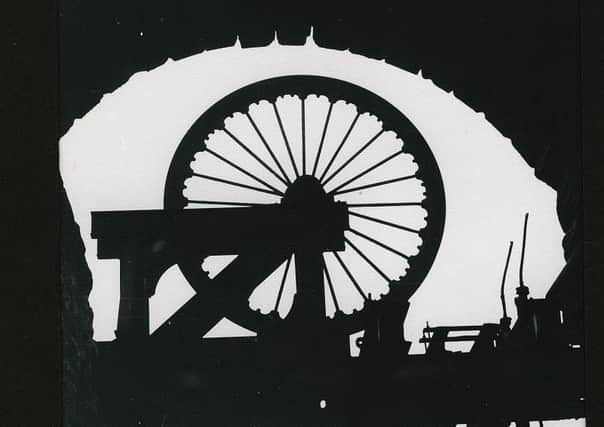Coal industry nears the end: The week that was November 22 to 28, 1997


A report from the European Commission, due to be published in full in the new year, claimed that half of the UK’s deep-mine workers would lose their jobs within 12 months. Figures submitted to the EC by the Department of Trade and Industry suggested that output would fall by a third and 4,800 of the country’s remaining 9,900 deep-mine workers would face redundancy.
Business analysts believed this would leave the industry too small to sustain service companies vital to its survival. Selby MP John Grogan said the government should show its faith in the industry by persuading power companies to buy British coal rather than imports.
Advertisement
Hide AdAdvertisement
Hide AdMeanwhile, opposition parties attacked alleged plans by the government to tax, means test or even scrap benefits for disabled people. Tory social security spokesman Iain Duncan Smith said a new tax on the most vulnerable in society would show that New Labour “says one thing and does another”.
In an attempt to quell the furore, Chief Secretary to the Treasury Alistair Darling said the spending review was far from complete and future plans would be in line with the party’s election pledge to do all it could for the disabled.
Fresh demands were made by an alliance of more than 80 health organisations for a total ban on tobacco advertising.
The reason for the ban – the huge amount of disease and deaths related to tobacco – had been lost in the controversy surrounding the government’s proposed exemption of Formula One from the EU directive on advertising and sponsorship, said the alliance.
Advertisement
Hide AdAdvertisement
Hide AdIts call for a blanket ban was strengthened by a new study from York University which said banning tobacco advertising would create jobs rather than putting them at risk.
Former smokers would spend more money on entertainment than they had on tobacco, it claimed – and this would create further employment.
Michael Hutchence, frontman of Australia’s biggest band, INXS, was found dead in a Sydney hotel room. The 37-year-old was in the midst of preparations for a world tour, and had had dinner with his parents just hours before his death. Police said there were no suspicious circumstances.
Hutchence had been the partner of British TV presenter Paula Yates for three years, and the couple had a 15-month-old daughter, Heavenly Hiraani Tiger Lily. A post-mortem later showed that the star died from suffocation due to hanging, and the death was recorded as suicide caused by depression.
Advertisement
Hide AdAdvertisement
Hide AdIt was revealed that Princes William and Harry faced a £8.4m tax bill on their inheritance from their late mother, Diana, Princess of Wales.
Legal moves by Prince Charles to save his sons from paying such a sum had now been abandoned. The problem arose because the Princess had been granted a settlement of £17m on her divorce, but at the time of her death she had not drawn up a new Will taking her increased wealth into account.
Two North Yorkshire independent schools – Bootham and Queen Ethelburga’s – said they had joined a campaign to change the public perception of boarding schools as cold, austere places with Dickensian regimes.
They had joined a consortium of 80 schools which were investing £250,000 to remove the image, which had persisted since the 1930s.